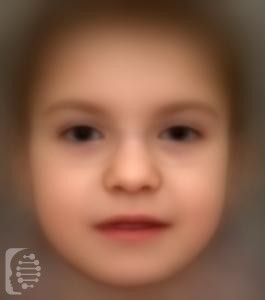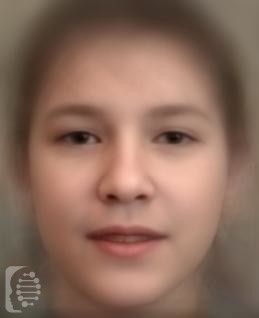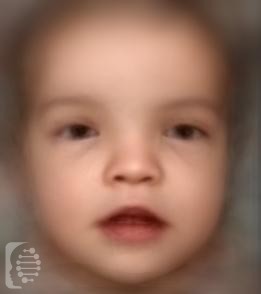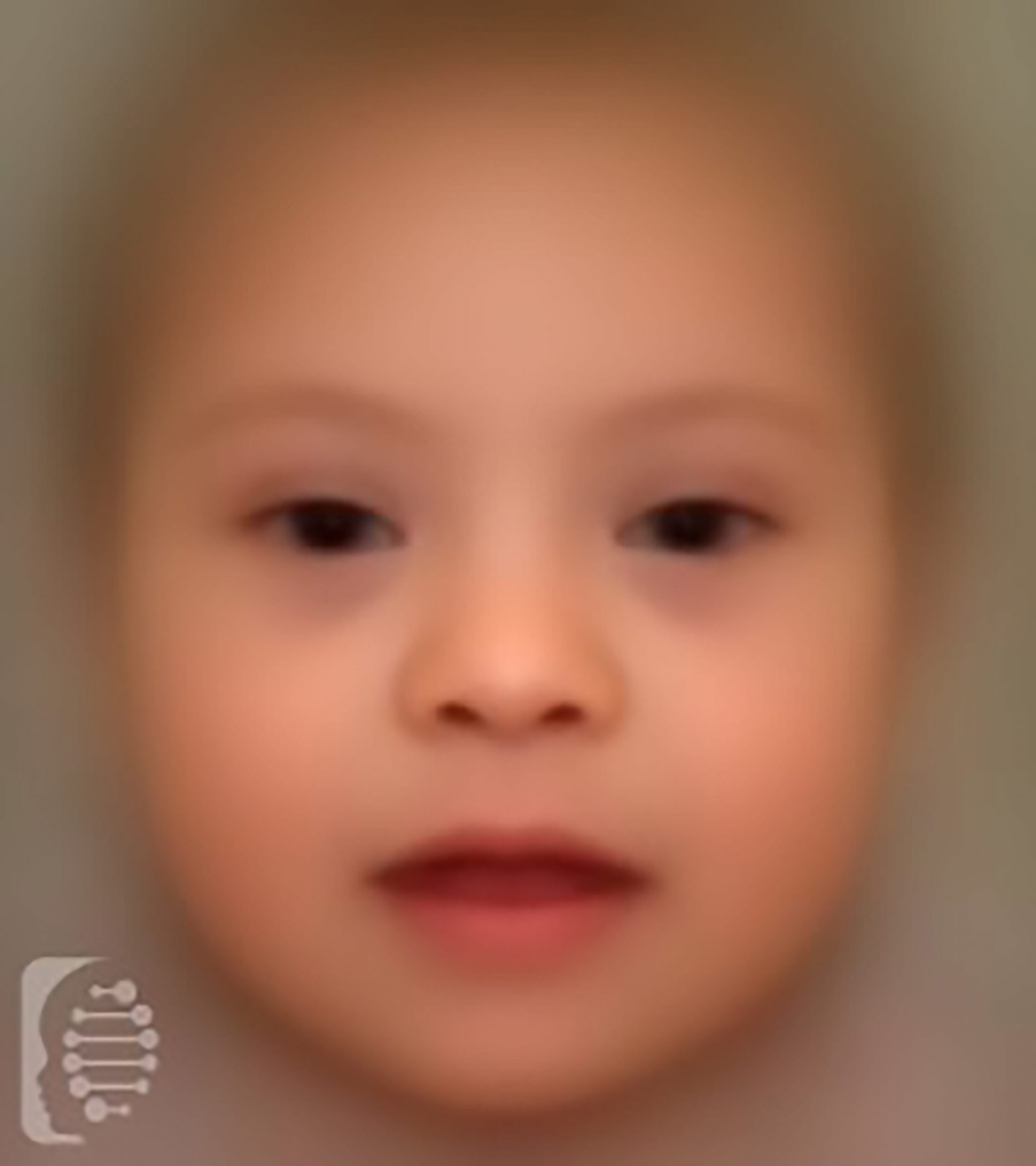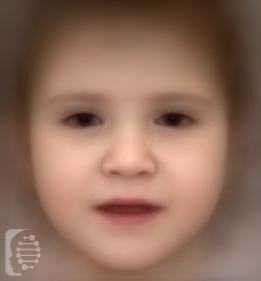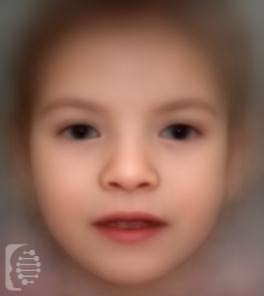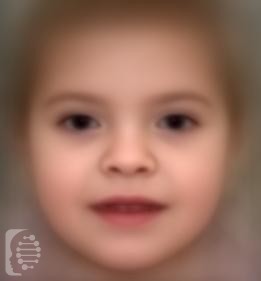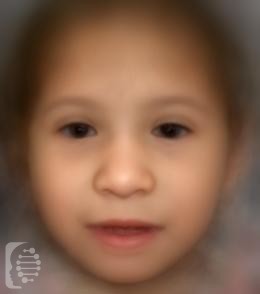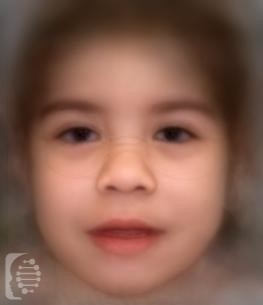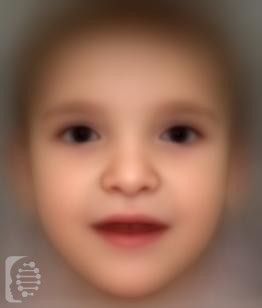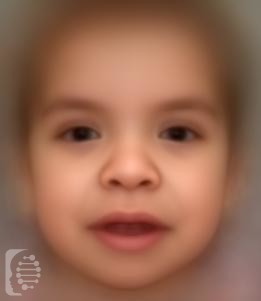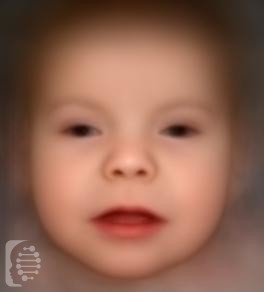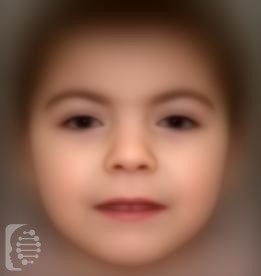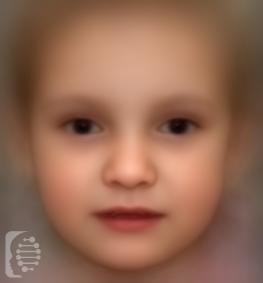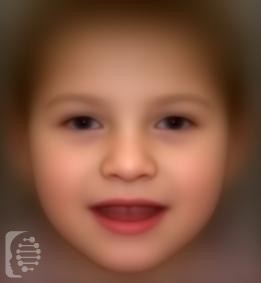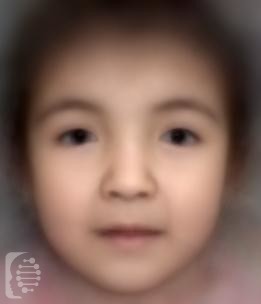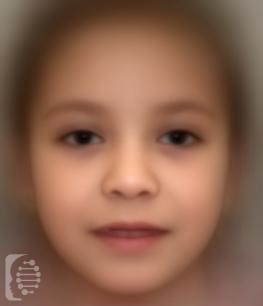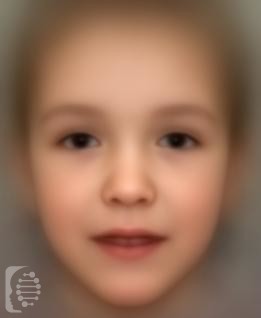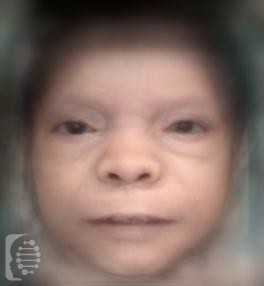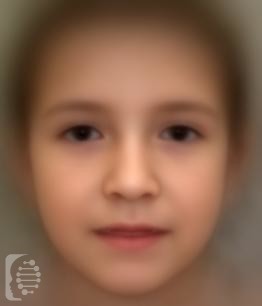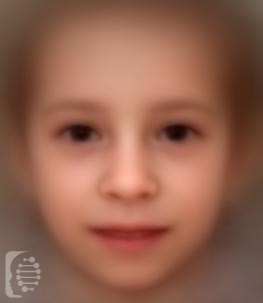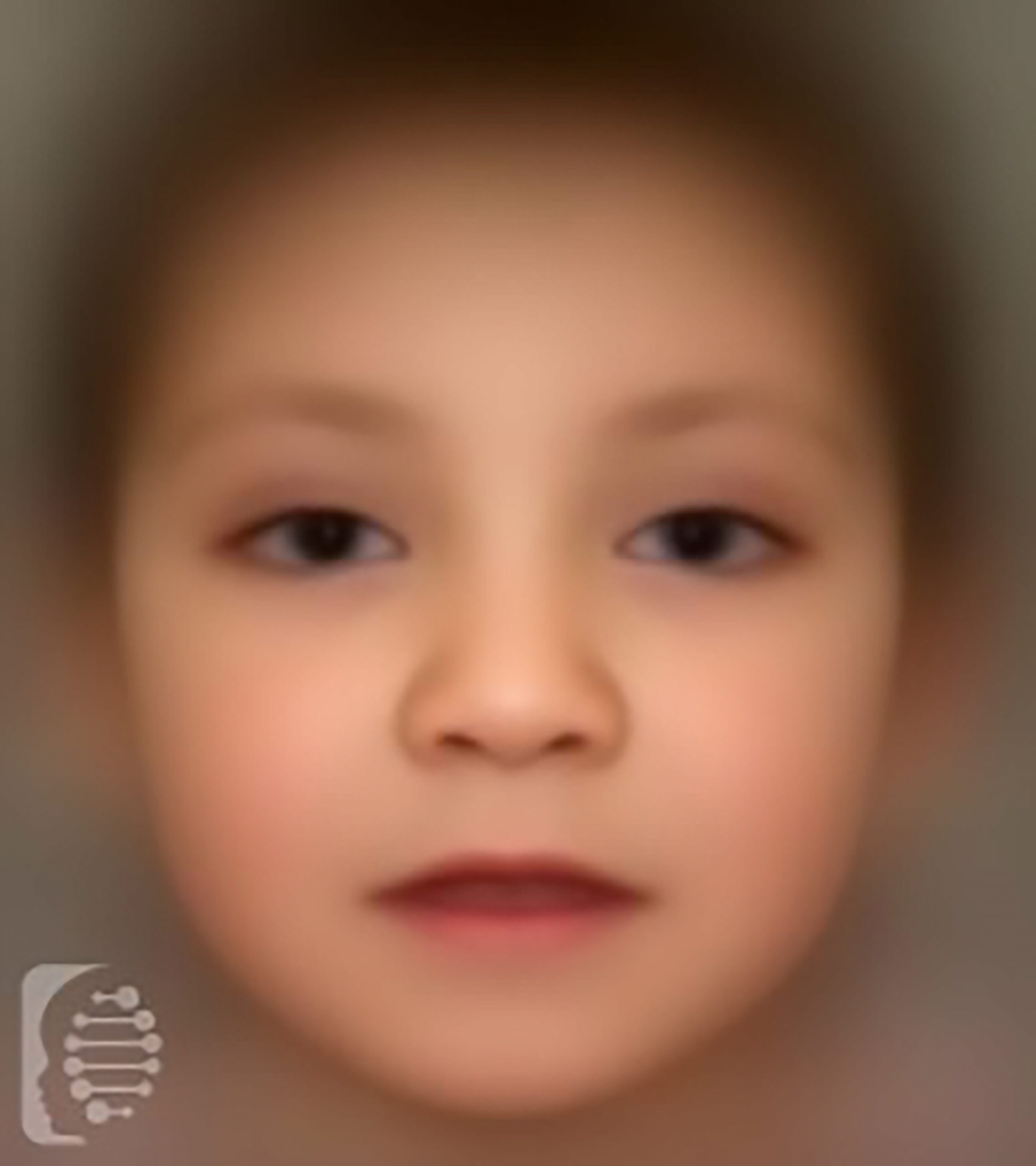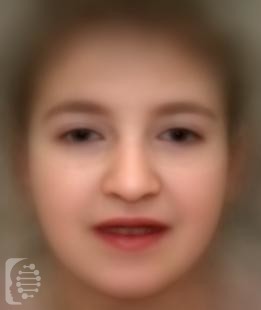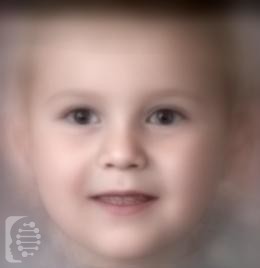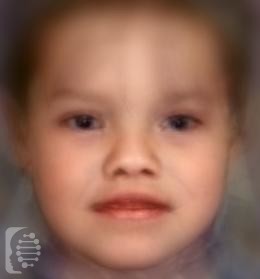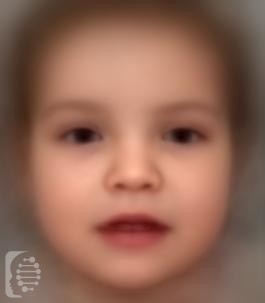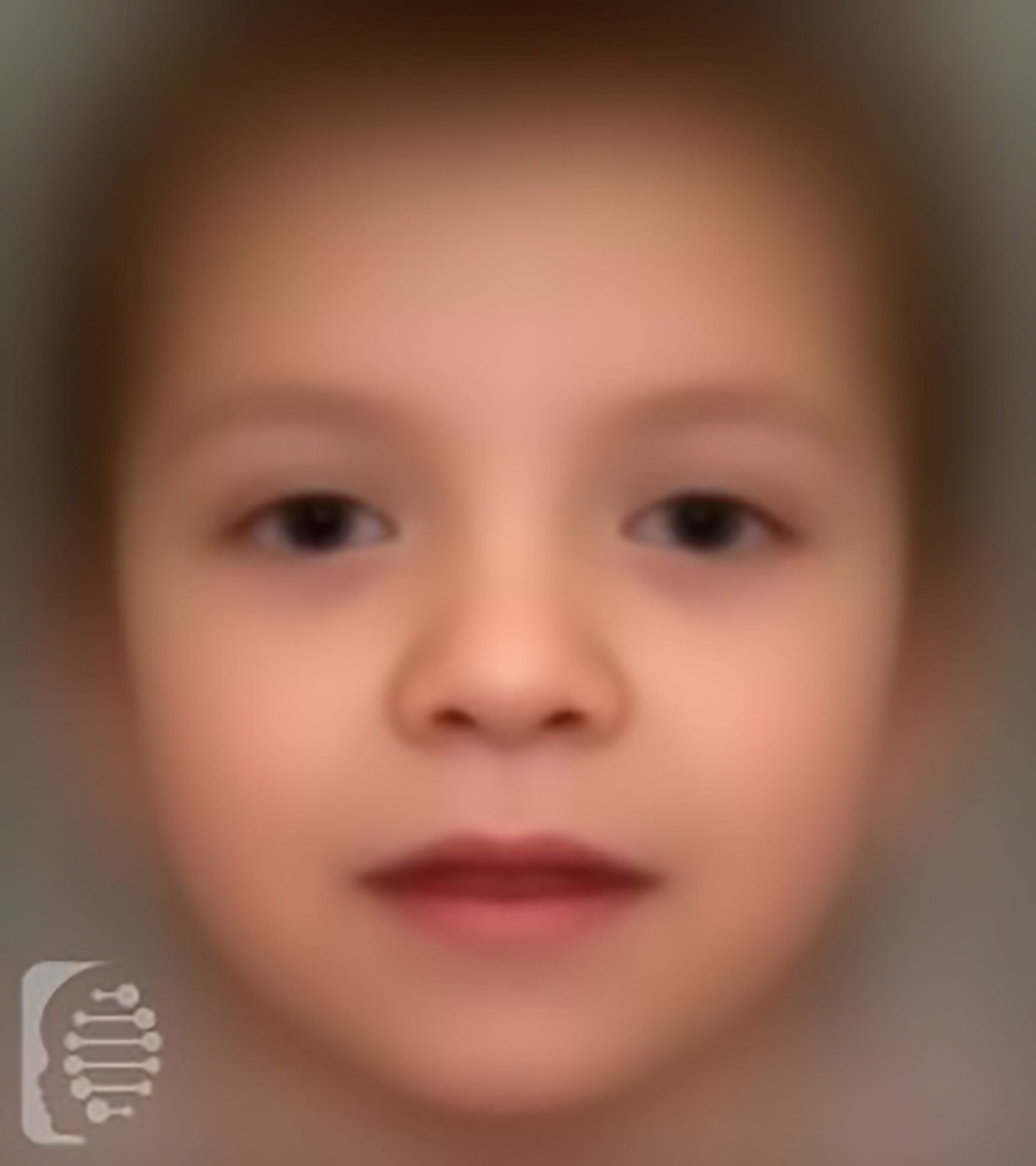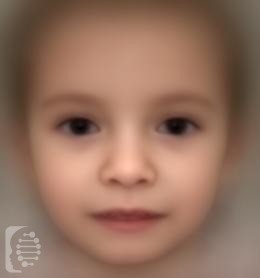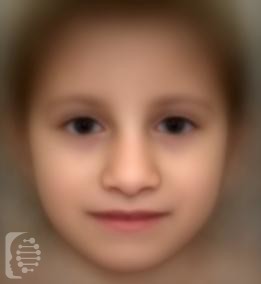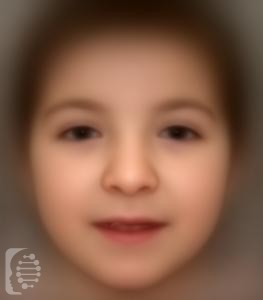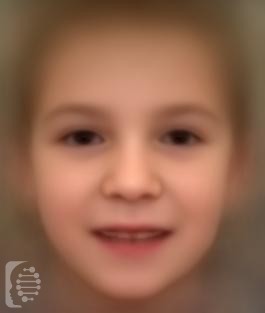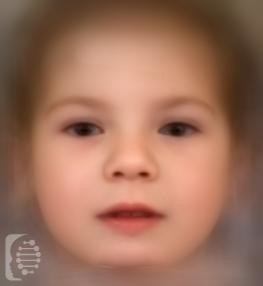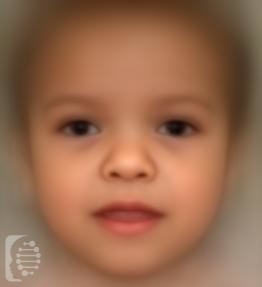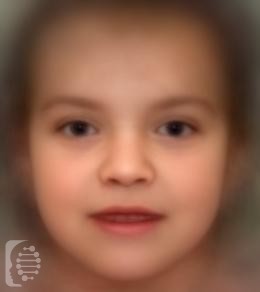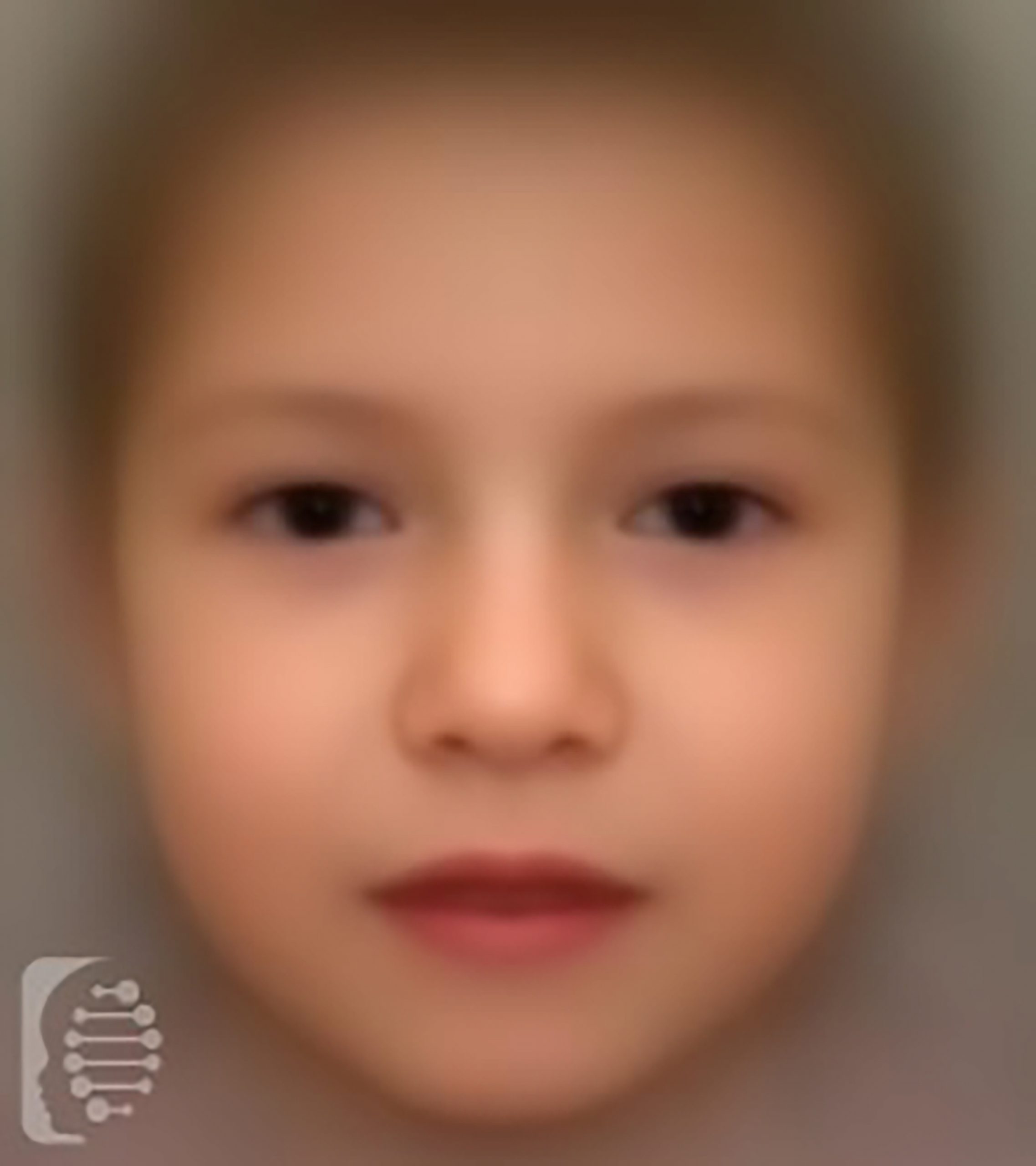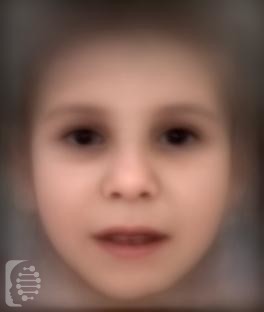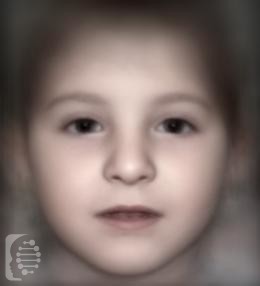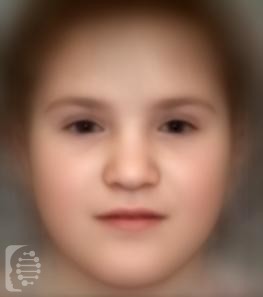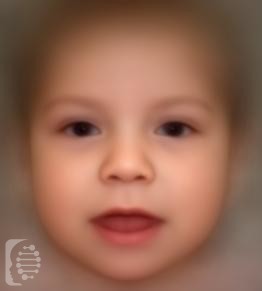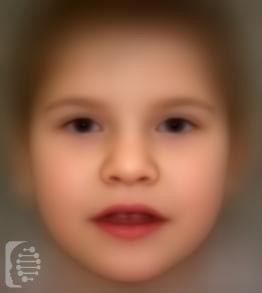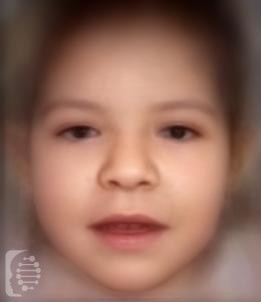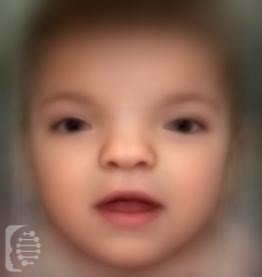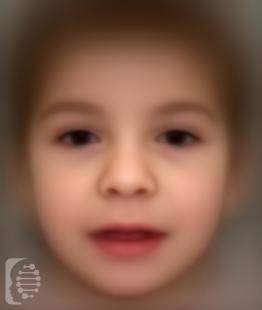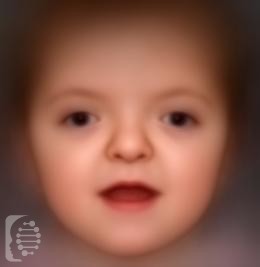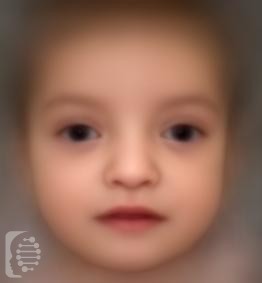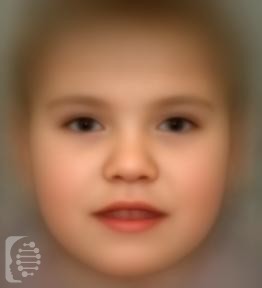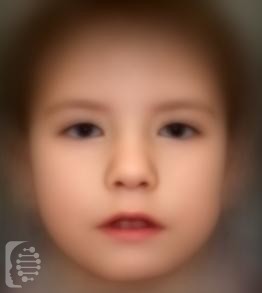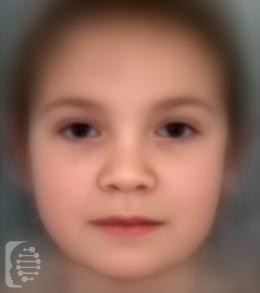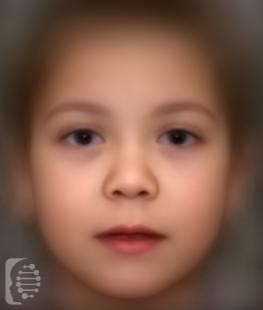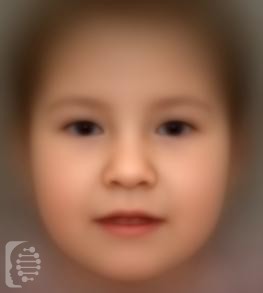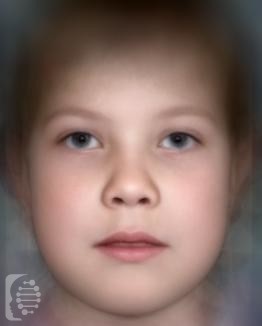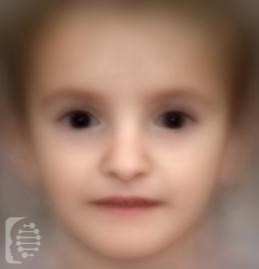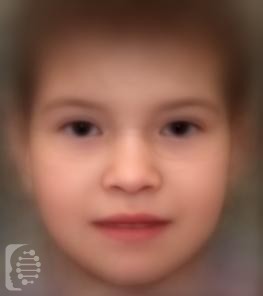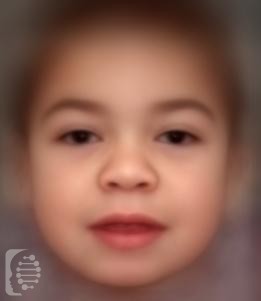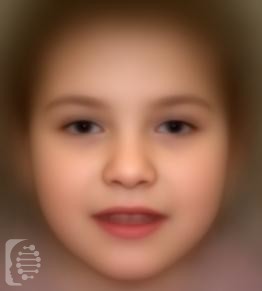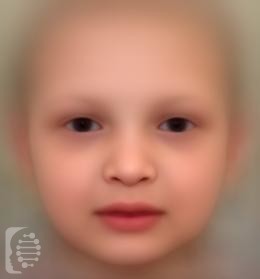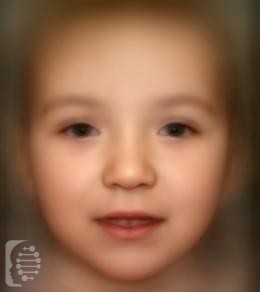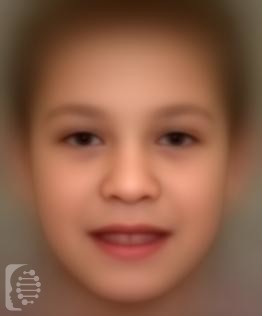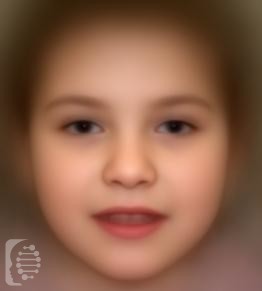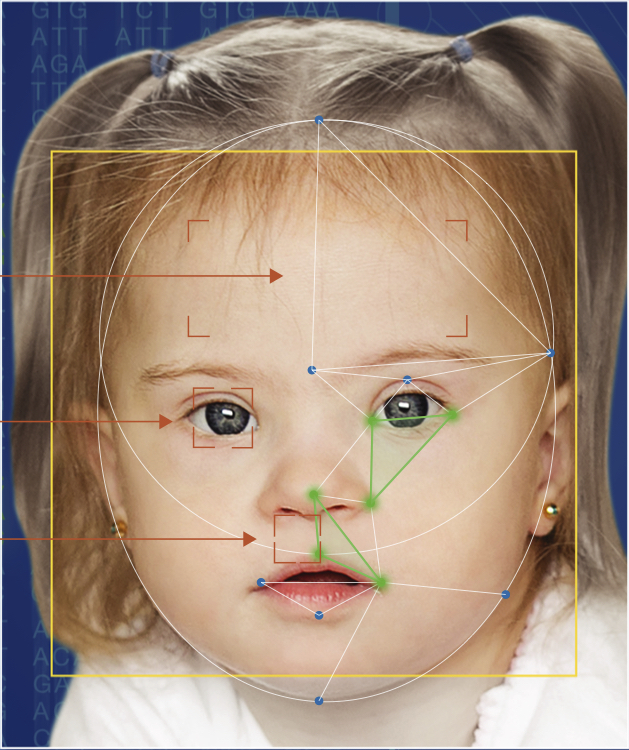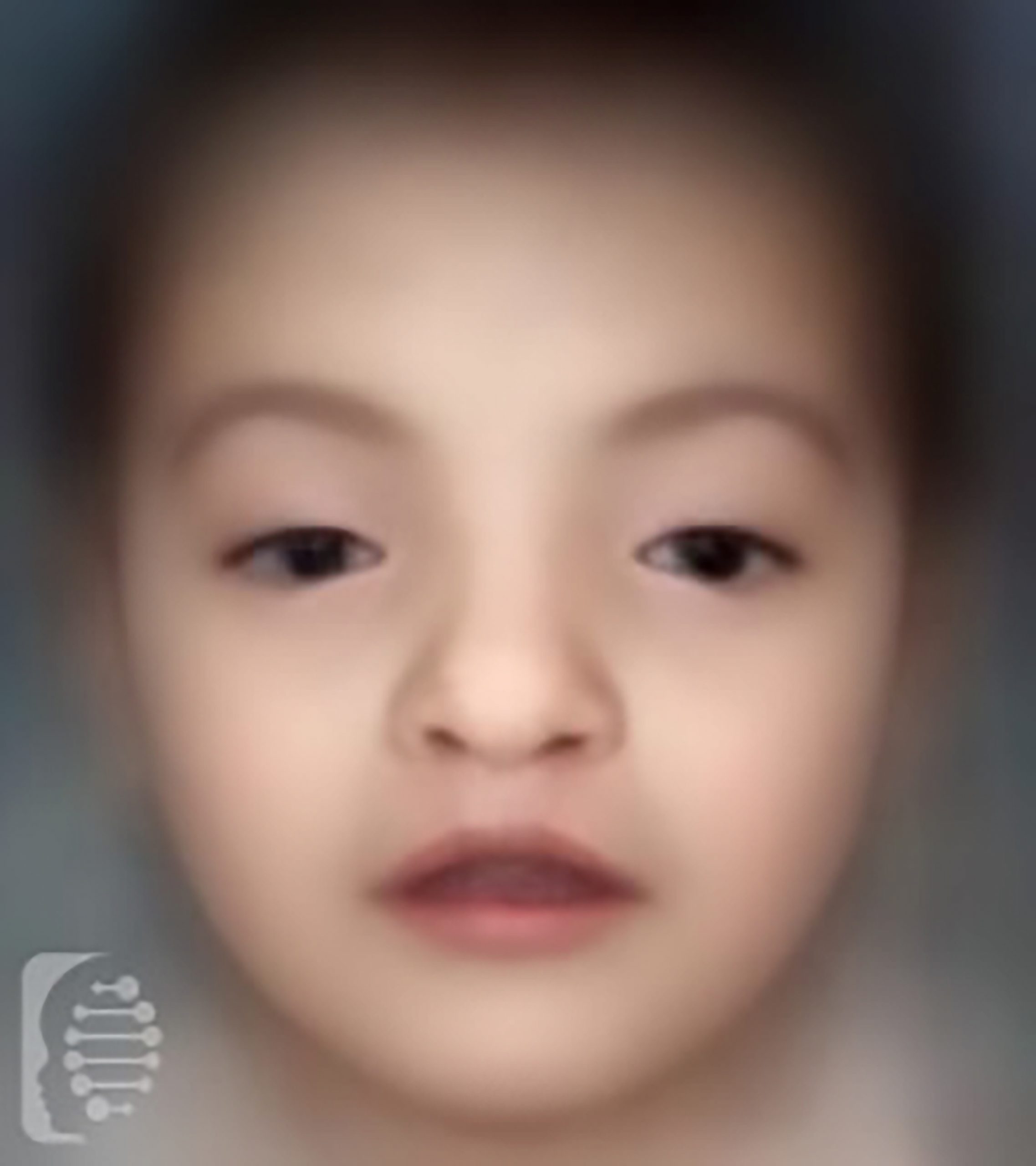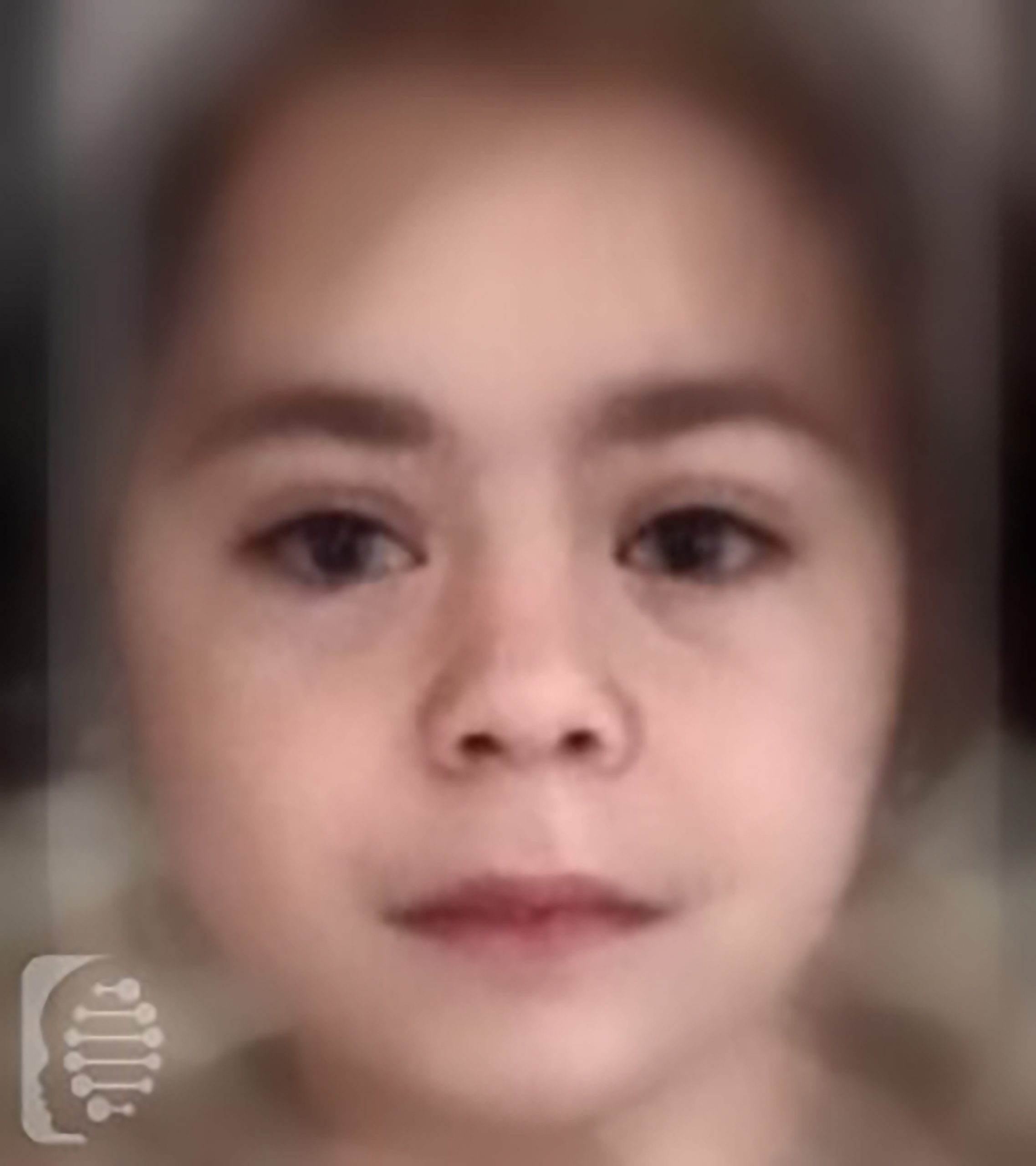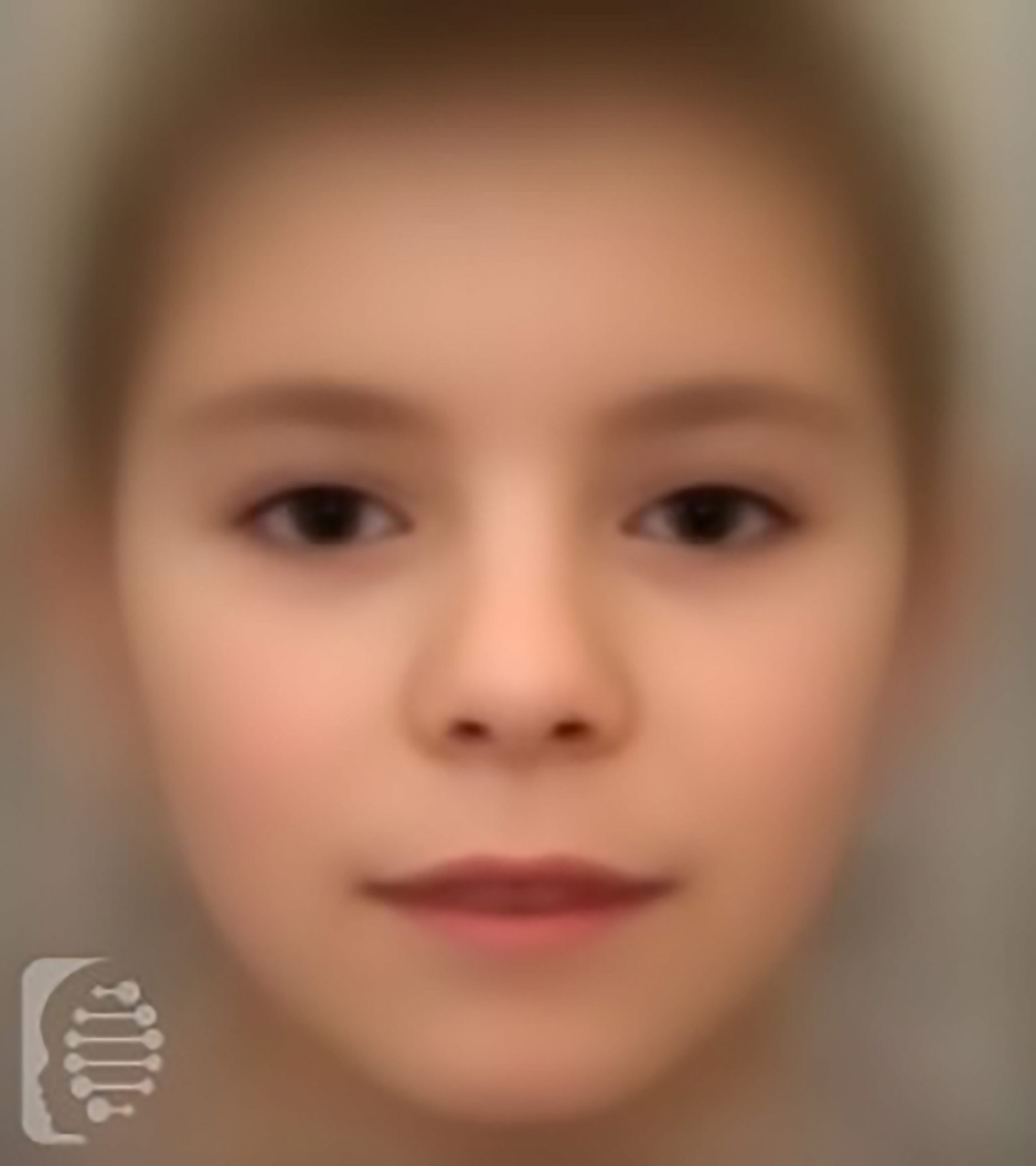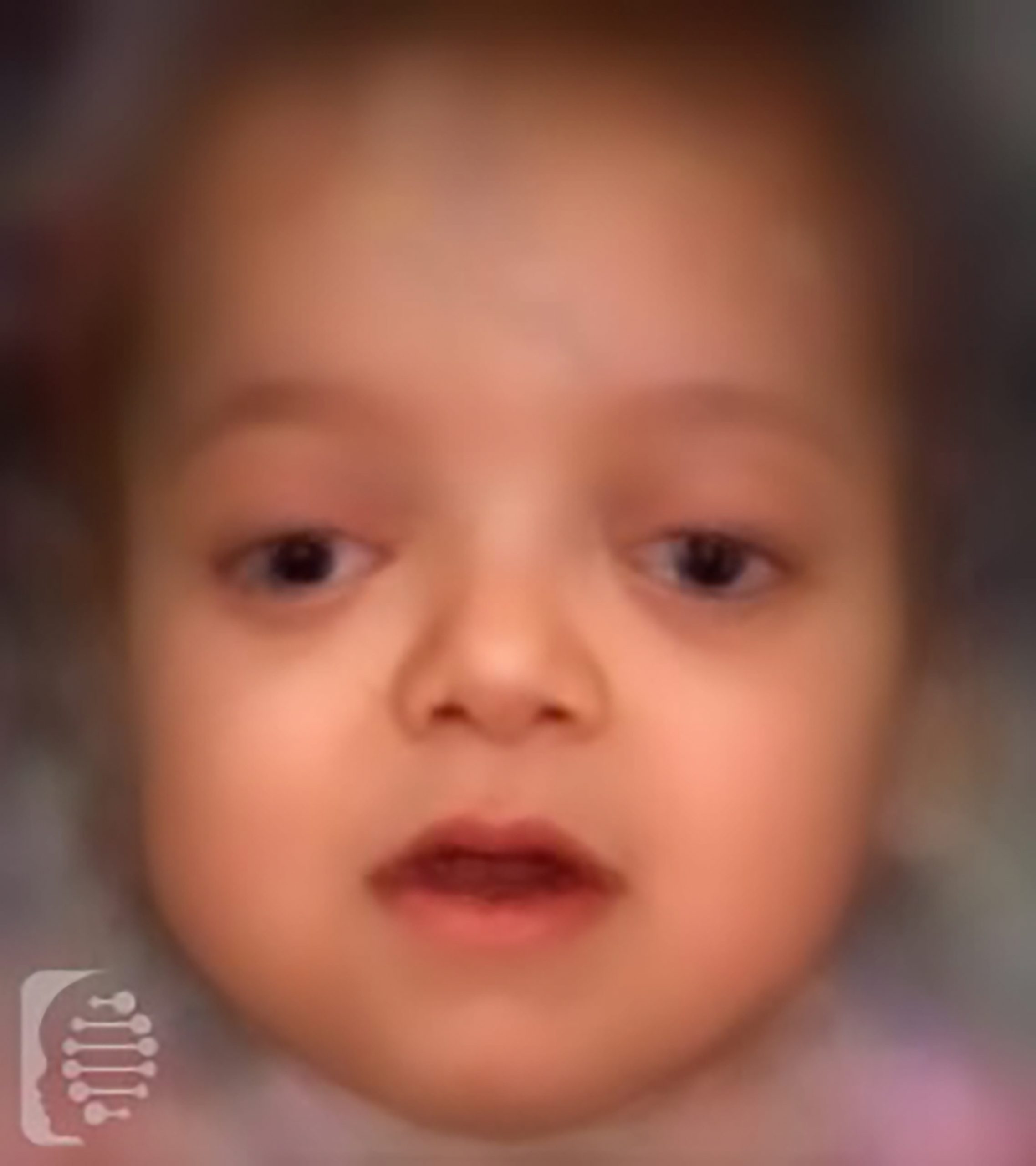Paula and Bobby
Parents of Lillie
Hypodontia
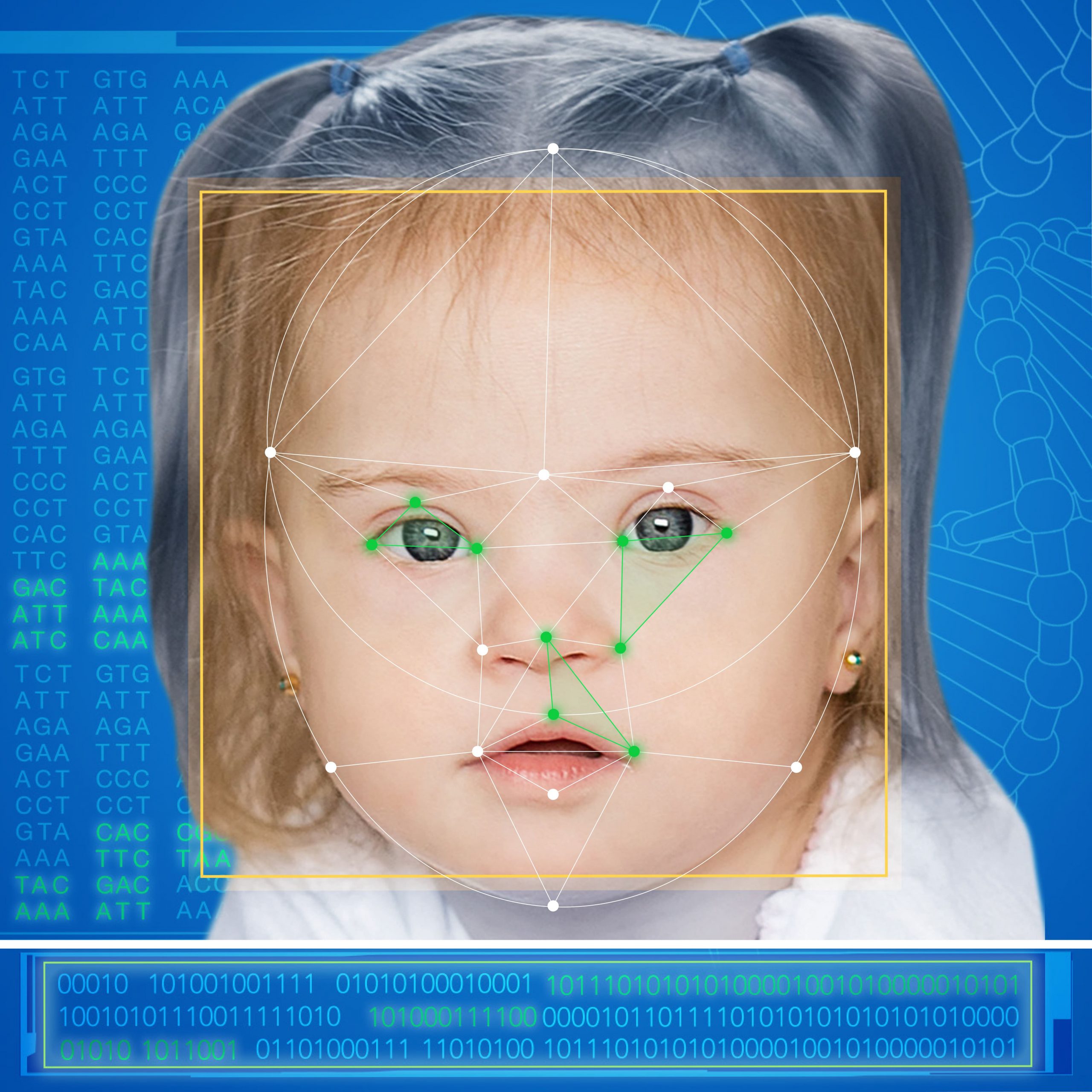
Understanding skeletal related symptoms and features.
Symptoms may affect multiple parts of the body. Understanding which part of the body a symptom affects, can help us to better understand the potential underlying causes of a symptom, including a rare disease or genetic syndrome.
The skeletal system is made up of all of the bones and joints of the body. This includes 270 bones at birth, which reduces to 206 once an individual reaches adulthood as some bones fuse together during this period.
The skeletal system has many crucial functions including the protection of crucial body organs, body movement, storing minerals and fats and forming blood cells.
Symptoms affecting the skeletal system may be seen with the naked eye. Diagnosing a skeletal related symptom may involve different tests and assessments, both subjective and objective.
Symptoms relating to the skeleton may affect the ability of an individual to function and move normally.
What is hypodontia?
Hypodontia refers to a reduced number of primary or permanent teeth: between one and six teeth that have failed to develop. Hypodontia may affect both primary and permanent teeth or the permanent teeth only. Wisdom teeth (the third secondary maxillary and mandibular molar teeth) are not included in this count.
Hypodontia is the developmental absence of primary and/or permanent teeth. Oligodontia is when there are more than six teeth. Anodontia is when there are no teeth at all.
What should I do next?
In some instances, hypodontia may be one of the features of a rare disease or genetic syndrome. In this case fast, targeted genetic analysis can give you a more accurate diagnosis.
Synonyms:
Failure of development of 1-6 teeth, missing between one and six teeth
HPO:
0000668
Optional syndromes:
Clarify any concerns you may have and get tested online today!
Schedule Your Online Meeting Now
Synonyms:
Failure of development of 1-6 teeth, missing between one and six teeth
HPO:
-
0000668
FDNA™ Health can help you with the diagnostic journey.
Learn about child developmental delays: Causes, Symptoms, and Therapies.
Don't wait years for a diagnosis. Act now and save valuable time.
Explore the most detected symptoms in our system (numbers are global and based on the data from 120 countries):
What is FDNA Health?
With the largest global database and a leading decision-support tool using AI, FDNA™ Health enables patients and their families to better understand symptoms and conditions with the goal of shortening the time to diagnosis.
Benefits of FDNA Health
Save valuable time by
learning about possible conditions
and report to your clinician
Advanced AI technology
and leading worldwide clinicians
shortening time to diagnosis
Looking for answers?
Worried about child development?
We are here to help you!


